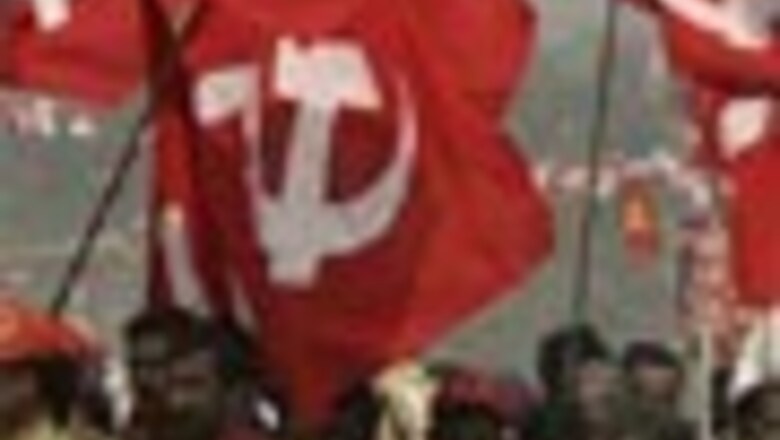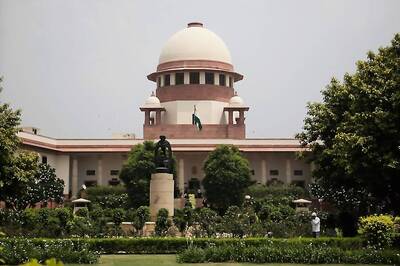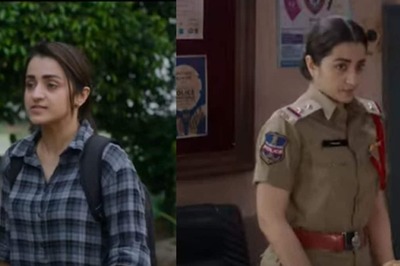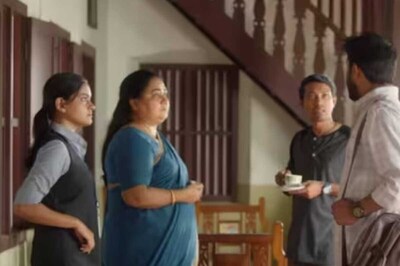
views
Kolkata: Routed in a series of elections that have raised questions about its future, West Bengal's Communist-led Left Front government on Monday stepped into the 34th year of its uninterrupted reign.
The 33rd anniversary comes two days after Front major Communist Party of India-Marxist (CPI-M) pressed its ministers to speed up development work and implement policies benefiting the poor, large sections of which have moved away from the world's longest serving elected Left government.
Notwithstanding the tough times ahead, the nine-party Front has lined up a slew of programmes to celebrate the anniversary of its stint in power.
The first Left Front government took office on June 21, 1977, with Jyoti Basu -- then a largely unknown politician across the country -- as Chief Minister.
The combine then comprised six parties - Forward Block, Revolutionary Socialist Party, Revolutionary Communist Party of India, Marxist Forward Block and the Biplobi Bangla Congress apart from the CPI-M.
In 1981, the Communist Party of India, West Bengal Socialist Party and Democratic Socialist Party joined the alliance.
Under Basu's leadership, the Left Front gradually expanded its social base in villages and captured the rural vote bank with agrarian reforms and devolution of power to rural bodies.
But militant trade unionism and what critics said was a deteriorating work culture saw a flight of capital. The industrial scenario turned bleak.
The Left Front became an enigma of sorts as it won one election after another. The long reign in West Bengal gave the CPI-M a national stature that almost fetched it the prime minister's post in 1996.
But the party turned down the offer to rule India.
Basu resigned due to old age and indisposition in November 2000 and was succeeded by Buddhadeb Bhattacharjee.
The new chief minister tried to fast-track industrialisation by roping in the Tatas for the prized Nano car project in Hoogly district's Singur area besides promoting manufacturing and infrastructural sectors.
As the government tried to take over land in Singur for the Tata project and for a chemical hub in East Midnapore district's Nandigram area, things started to go horribly wrong.
Led by the aggressive Trinamool Congress, farmers, opposition splinter groups and a section of the civil society rose in protest against what was seen as forcible takeover of farm land.
This led to bloodshed. While the Tatas withdrew from Singur, the helpless Left government was forced to scrap the chemical hub project too.
In no time, it became clear that the once seemingly impregnable Front was losing popular support.
The Left lost the 2008 Panchayat elections to the Trinamool-led opposition in several districts and was decimated in the 2009 Lok Sabha battle.
With the front suffering defeats in assembly by-polls and two rounds of civic polls, many analysts are now beginning to describe Trinamool leader Mamata Banerjee as West Bengal's chief minister-in-waiting.




















Comments
0 comment